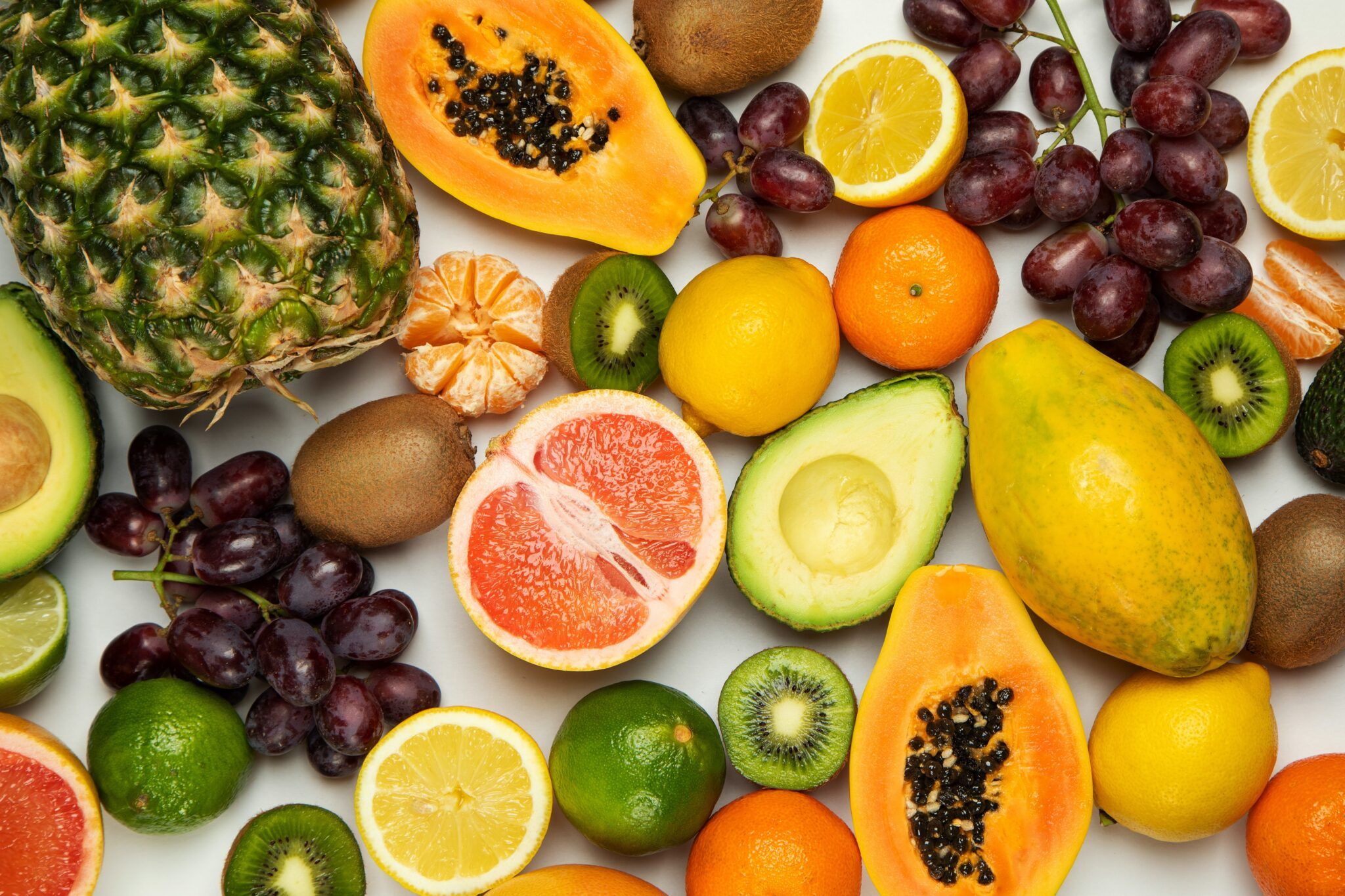There is a big debate about whether milk consumption is the best source of Calcium for your Bones and whether it helps prevent fractures and osteoporosis or not. On one side are those who think that high calcium intake in the form of three glasses of milk a day, would help prevent osteoporosis and fractures. Yet, each year osteoporosis causes about 1.5 million fractures in the U.S. alone.
On the other side are those who believe that consuming lots of milk does not affect the risk of fractures and could also contribute to other problems such as heart disease or prostate cancer.
Who is right? The answer is not known for sure. However, there are some undeniable properties of calcium and its effects on the body. Let’s talk about them.
What is Calcium and how we get it?
Calcium (Ca) is a mineral that the body needs for numerous functions including the creation and maintenance of bones and teeth, blood clotting, transmission of nerve impulses and heart rate regulation. The 99% of the calcium in the human body is concentrated in the bones and teeth. The remaining 1% is found in blood and other tissues.
The body gets the calcium in two ways. The first by consuming foods or supplements containing calcium. Good sources include dairy products, which contain the highest concentration of calcium highly absorbable by the body per serving. Leafy green vegetables and grains are also good sources of calcium.
Calcium supplements are also a good source and often contain vitamin D. Taking calcium with this vitamin appears to be more beneficial for bone health than taking calcium alone. Look for those supplements that are Calcium Citrate, and do not buy the Calcium Carbonate ones, as these last ones may cause kidney stones.
The other way that the body gets calcium is removing it from the bone, which happens when blood calcium level is very low. Ideally, calcium taken from the bones is replaced, but this does not always happen.
Is milk the best source of Calcium for your Bones?
When thinking calcium, the first thing that crosses your mind is MILK. But should be milk our only source of this mineral? Milk is only one of many sources of calcium that can be found in nature. Leafy vegetables, especially leafy green vegetables like spinach and some legumes such as soybeans and chickpeas are other important sources. Also high amounts of calcium found in algae such as kelp, mustard greens, bok choy (Chinese cabbage), bean sprouts, sardines and mackerel with bones, sesame, almonds and chestnuts, hazelnuts, walnuts, and tofu.
There are some reasons why milk is not the best source of calcium for many people:
1. Lactose intolerance: Many people suffer some degree of intolerance to lactose (milk sugar). For them drinking or eating dairy products can cause problems like stomach swelling, stomach cramps, flatulence, and diarrhea. Alternatives to those who want to enjoy the consumption of dairy products are taking digestive enzymes that digest lactose or drinking lactose-free milk.
2. Possible ovarian cancer risk increase: High levels of galactose (sugar that is released to digest lactose) can lead to ovary damages and consequently ovarian cancer. However, this association has not been fully demonstrated. It is necessary to conduct more research in this regard.
3. Possible prostate cancer risk increase: a high in calcium diet has been flagged as a possible risk factor for prostate cancer. In a Harvard University study, men who drank two or more glasses of milk per day had almost twice the risk of developing prostate cancer than those who did not drink milk.
What are the recommendations for calcium intake and bone health?
Adequate calcium intake during our lives is necessary to reduce the risk of osteoporosis. The intake of calcium and vitamin D, and regular resistance training are very important to create the maximum possible bone strength and density. After age 30, the risk factors increase and these actions can help reduce the bone density loss, even though they do not completely prevent bone loss due to aging.
Milk and dairy products are a convenient source of calcium for many. These are also a good source of protein and are fortified with vitamin D and A. However, the optimal dose of calcium is not very clear. The recommended daily intake of calcium for people between 15 and 50 years is 1000 mg calcium per day and 1200 mg of calcium daily for those older than 50. However, these doses are the result of short-term studies and may be higher levels than many people actual needs.
There is currently no good evidence that consumption of more than one glass of milk a day, within a balanced diet (diet that can provide 300 mg of calcium per day) may reduce the risk of fractures. Also, even though the results of studies about milk consumption increases the risk of ovarian and prostate cancer are not conclusive, it is at least prudent to avoid high consumption of dairy products.
On the other hand, a moderate intake of calcium and dairy products has benefits beyond bone health. These include reducing the risk of high blood pressure and colon cancer. These benefits come from consuming one or two glasses of milk a day, and including in the diet consumption of other foods containing calcium.
Bottom line
So if you want to get the benefits of calcium and enjoy dairy, it is advisable to consume one or maximum two glasses of milk a day, preferably low-fat or skim milk. Also include in your diet leafy green vegetables, kale, legumes and some nuts such as almonds and walnuts. As named above, another important source is sardines and mackerel, especially their spines, which are so thin that we can chew and eat.
Calcium is also found in spinach and chard, however, these vegetables contain oxalic acid which makes calcium less available to the body. You can also consume a variety of calcium-fortified products that are on the market, such as Shakeology®. This is a nutritional supplement that can help you increase your intake of calcium and vitamin D without adding calories, helping you control your weight.
Now that you know a little more about this important mineral, select the best options for you and your bones.







